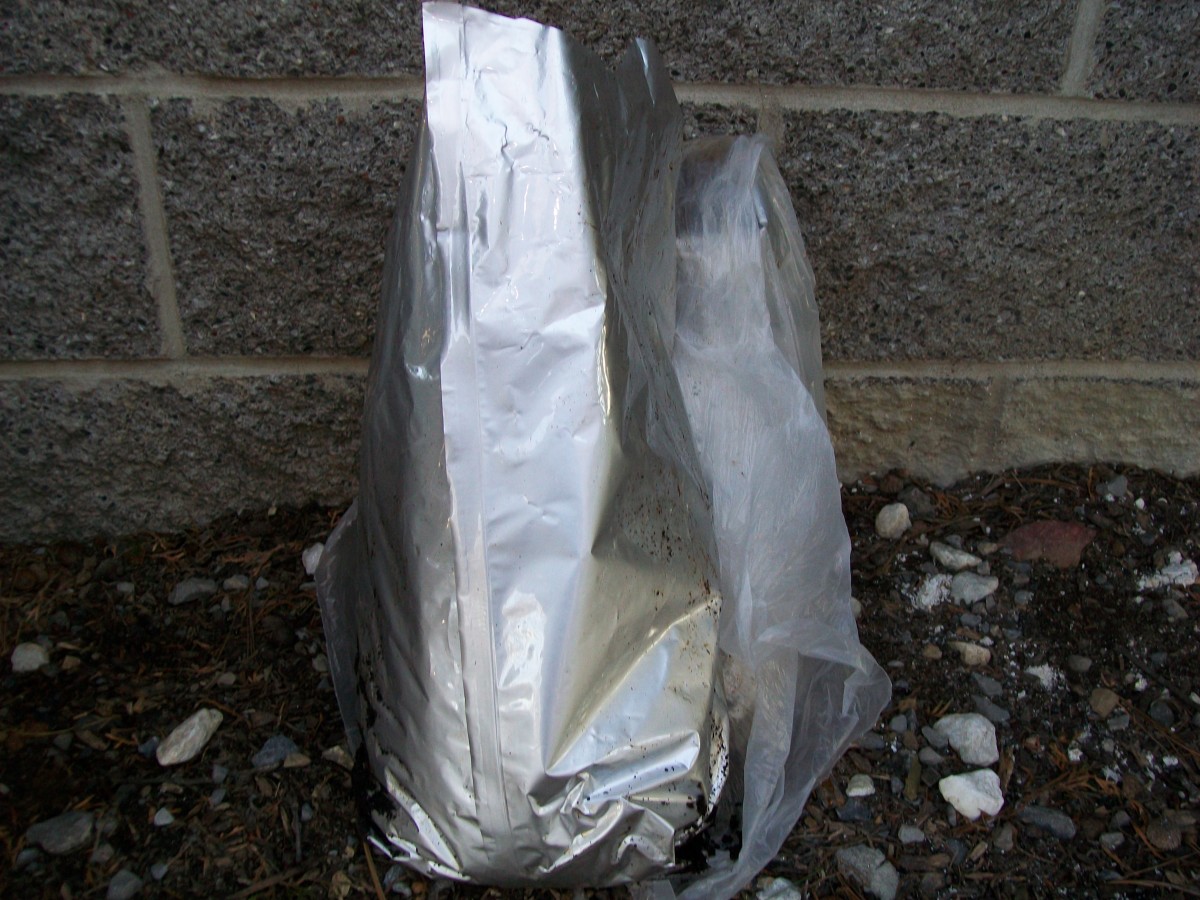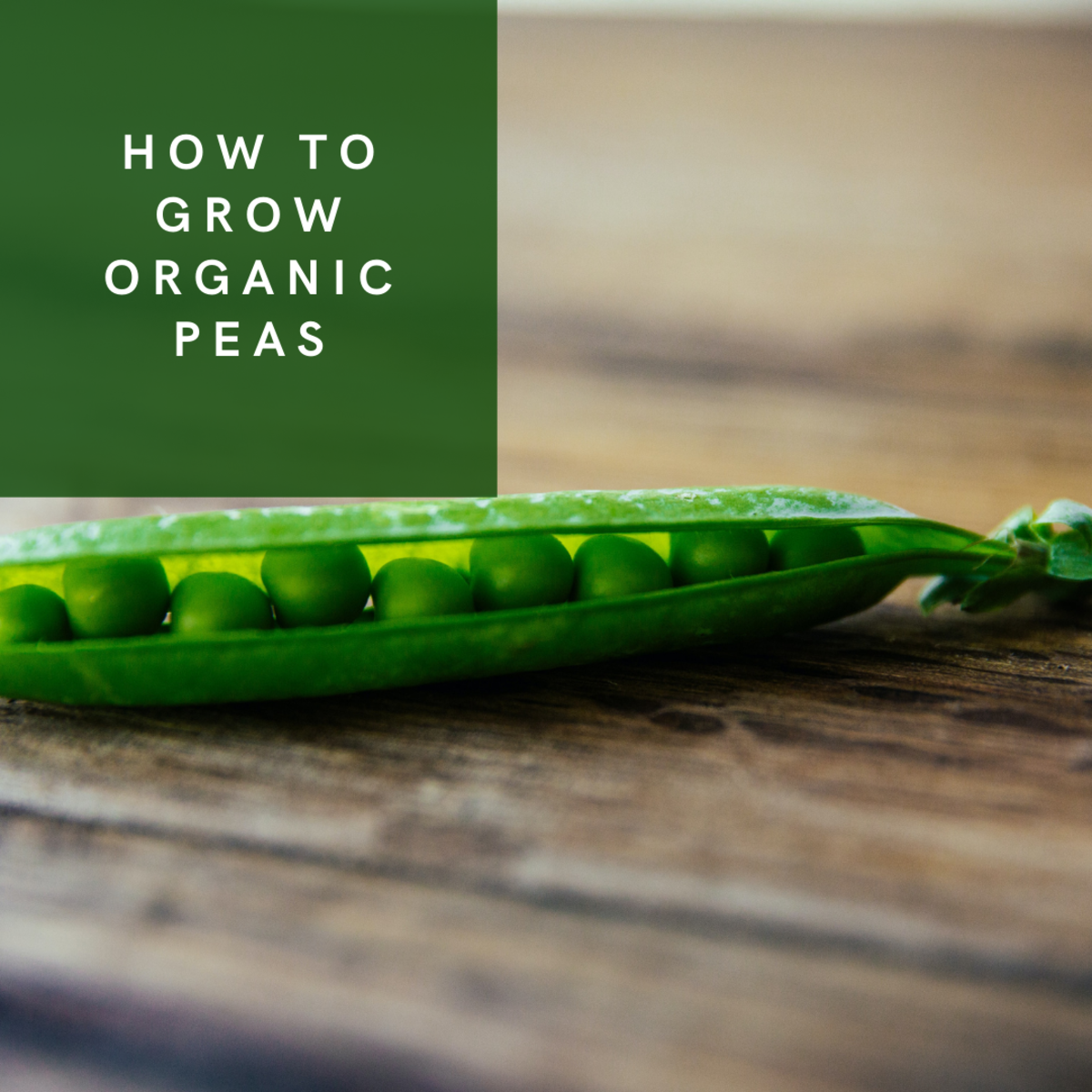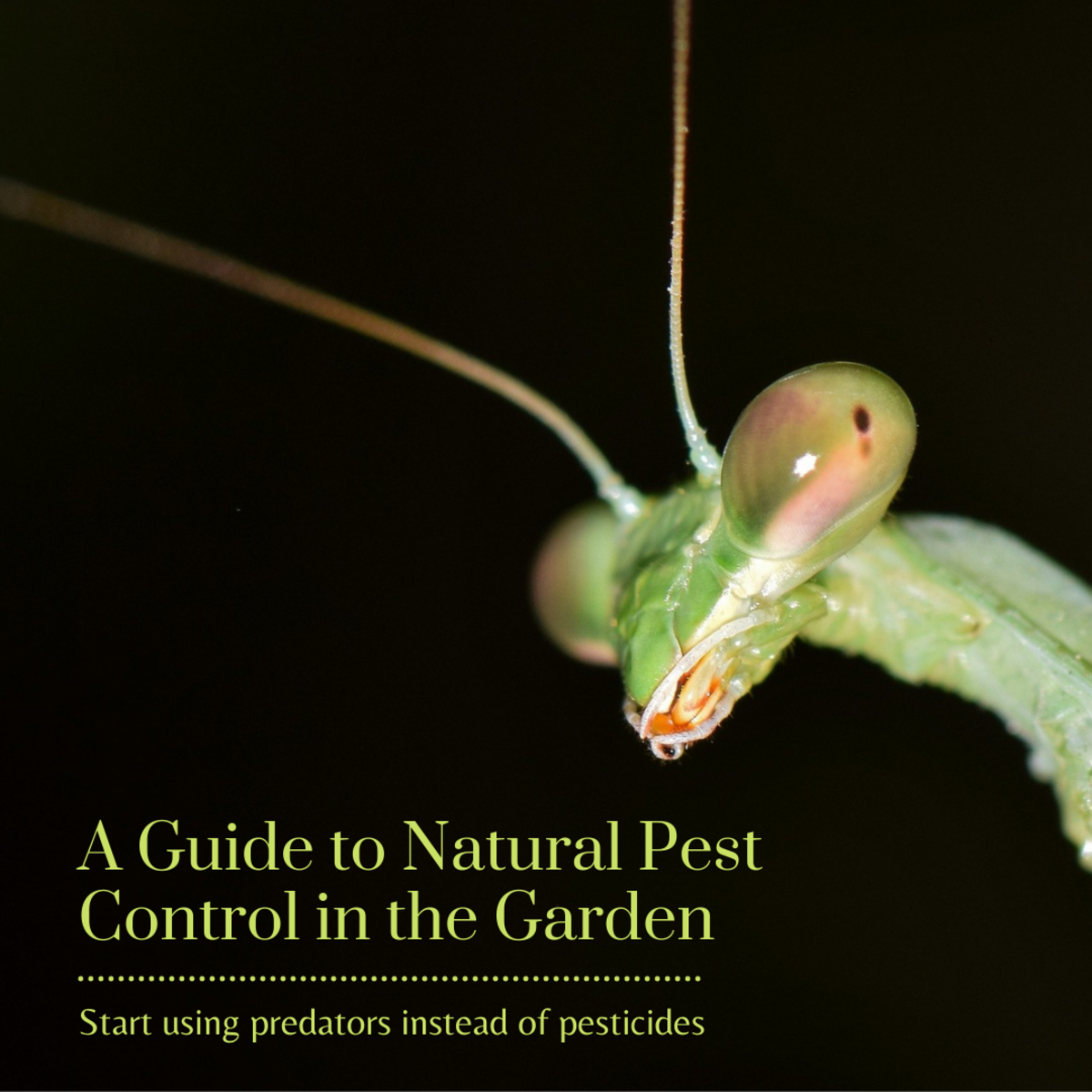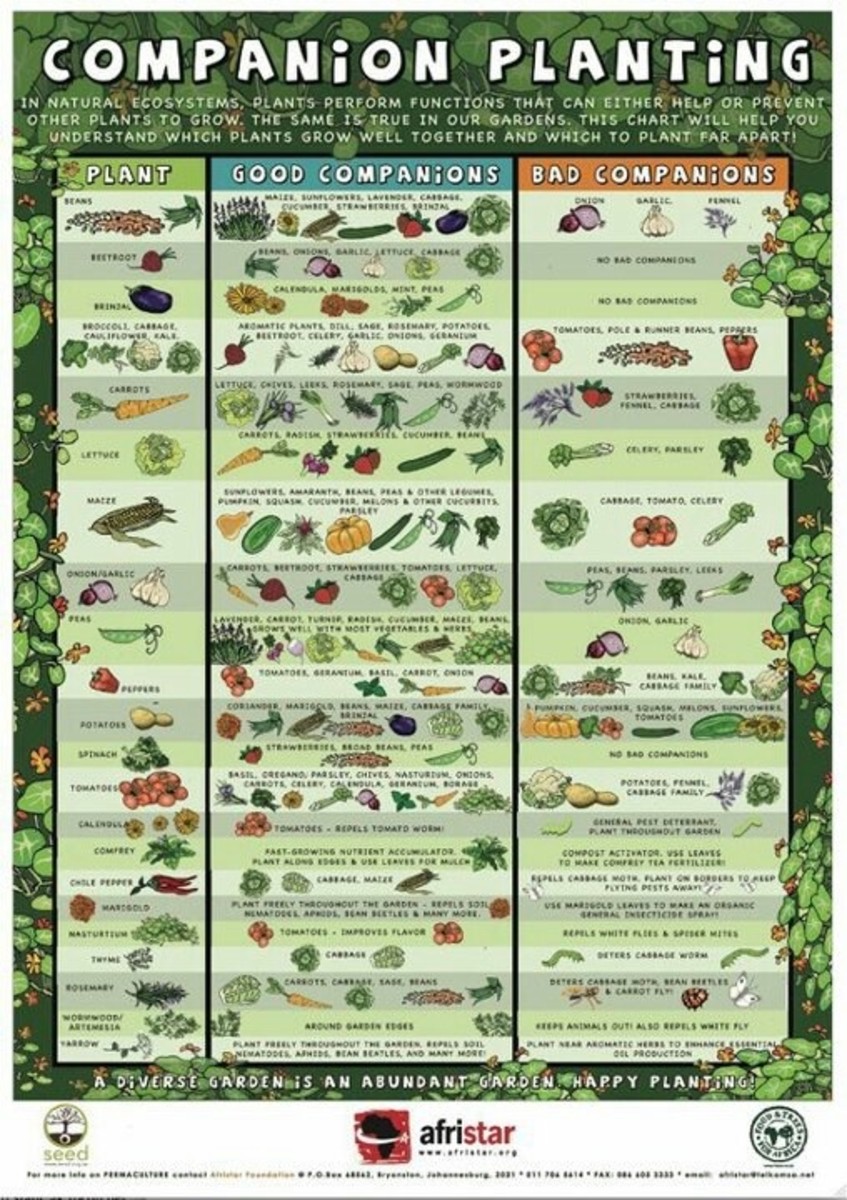In The Garden: Using Alternative Material for Mulching
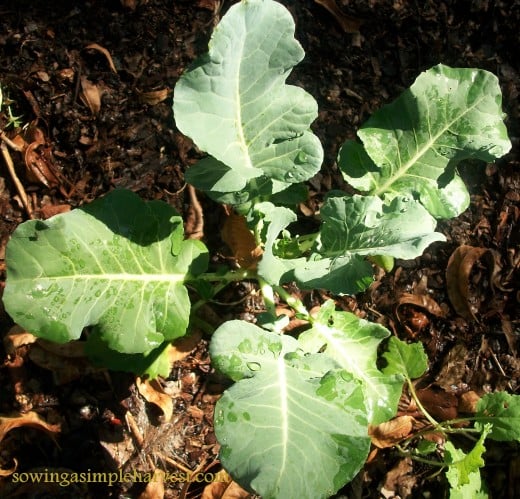
Rich, organic matter is essential to the health of any garden. Using natural sources for mulching that will break down and improve the soil will help to ensure healthy plants that can fight off disease and pests. Layering gardening (lasagna) has become extremely popular in the last few years because of its ease and benefits. Layering organic matter that will compost easily gives the gardener a break from labor intensive tilling and turning. Plus, in the end, it is better for the texture of the soil and the long-term needs of the garden.
A great way to add to the layer gardening practice is to mulch with organic matter that might not normally be used. Indeed, wood mulch is an excellent additive to the soil and is highly recommended due its properties and rapid decay, but, other materials that are readily available can be used with just as much benefit.

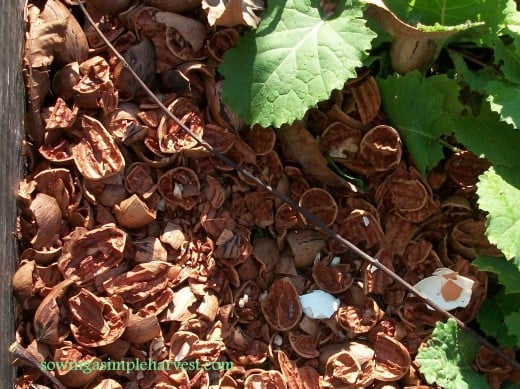
Pecan Hulls
The divine pecan tree not only gives the gift of its delicious nuts, but the hulls can be used as a mulch, as well. If you are lucky enough to have a tree on your property, you more than likely spend hours shelling and freezing the valuable meats. The resulting mounds of hulls can be placed into the compost bin or used directly in the garden to mulch plants.
Pecan hulls are excellent in moisture retention, which helps cut down on watering, especially during extremely dry periods. Due to their density, they help with weed prevention and do not float away as easily as wood chips. The hulls are high in acid which makes them ideal to mulch such plants as azaleas, hydrangeas, magnolias, and roses. Because of the rough and uneven texture, pests such as slugs will avoid traveling through a bed lined with the hulls.
If you are not lucky enough to have a tree, you might want to barter with someone who does. If you live in a state that is known for its pecan production, visit a farmer or processor to see if they give the hulls away.
How to Use the Mulch in the Garden

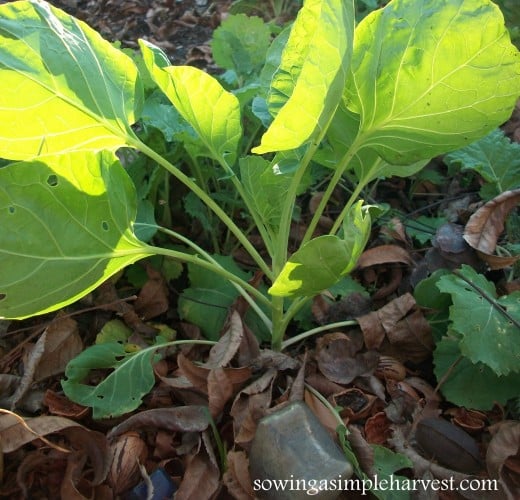
Leaves
The fall season provides brilliant displays of colored leaves that help usher in cooler weather. Those same leaves that bring such joy to many, when they fall bring anxiety to those who feel the need for a picture perfect lawn. Did you know that lawns are improved if leaves are left to rot and feed the grass?
If you must rake the leaves off the lawn, then by all means use them in the garden beds! Chopping leaves with a lawnmower with a bag attachment is an easy way to make nutrient rich material that will feed plants over the winter. Leaves provide up to 80% of all nutrients that plants need to thrive.
If you do not have a lawnmower, simply pile the leaves around bushes and plants and keep moist until they just start to decompose. The compost bin can always benefit from a large contribution of leaves, as well.

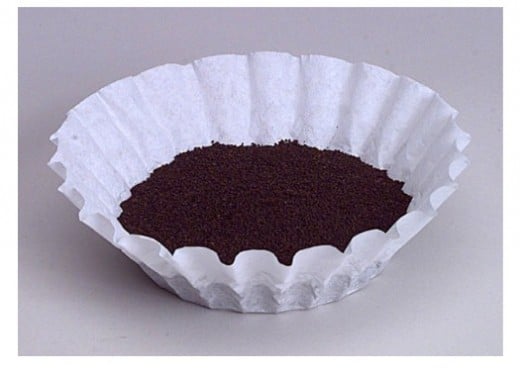
Coffee Grounds
America is obsessed with coffee. We love to smell it, drink it, socialize over it, and yes, even use it in our gardens. Coffee grounds are high in acid, so they are most useful for acid-loving plants, but can be used thinly as mulch throughout the garden. In the vegetable garden, tomatoes can benefit enormously from not only the grounds but the left over brew in the pot.
Caffeine has been shown to be a deterrent for slugs, but appealing to worms. This combination is a win for all gardeners. Slugs can take out a garden of vegetables quickly. Having as many non-toxic weapons against these annoying pests is essential. Worms, besides bees and ladybugs, are the most desired insects in gardens. Successful gardeners will do most anything to attract and keep worms in their soil. Providing coffee grounds will make the worms happy campers and will keep them permanent residents.

Grass Clippings
In the summer, grass clippings can overwhelm many homeowners. Grass is rich in nitrogen and potassium making it an excellent source of nutrients for plants.
The clippings should go into the compost because it is the best “green” material needed in layering a container. It also can be used directly in the garden as mulch up to one inch. The grass needs to dry and brown between applications, so alternating mulching and composting is suggested.
Using Grass as Mulch

Coconut Fiber
Peat moss has been overly harvested for decades and takes hundreds of years to replenish, therefore, a greener alternative for the garden is coconut husks. The fiber extracted from the coconut, known as coir, is packaged and sold in small bales.
The fibers contain more nutrients than moss, hold on to water efficiently, prevent soil erosion, and block invading weeds. It lacks the fungus and insects that usually accompanies peat, making it a perfect additive for vegetable gardens. Coir is also used in making doormats, brushes, and mattresses.

The Choice is Yours
The mulching medium you choose for your garden can help plants thrive and stay healthy during harsh weather conditions. It can feed the plants and keep them well watered throughout the growing season.
Whatever mulch you choose, make sure it is compost friendly, non-toxic, breaks down easily, and is insect and fungal free. Using processed material can ensure these qualifications are met but don’t be afraid to make your own from what you already have. Sustainability is always the goal when living green and gardening for health.
About the Author
Catherine Dean is a freelance writer, gardener, quilter, and blogger. Her professional background includes nonprofit program development, grant writing, and volunteer management. She holds a Bachelor of Science in Mass Communications from Georgia College & State University.
Her blog, Sowing A Simple Harvest, chronicles a modern couple trying to live a simplistic, sustainable life. To explore Catherine's professional credentials, visit her website. She can also be followed on Google+.


